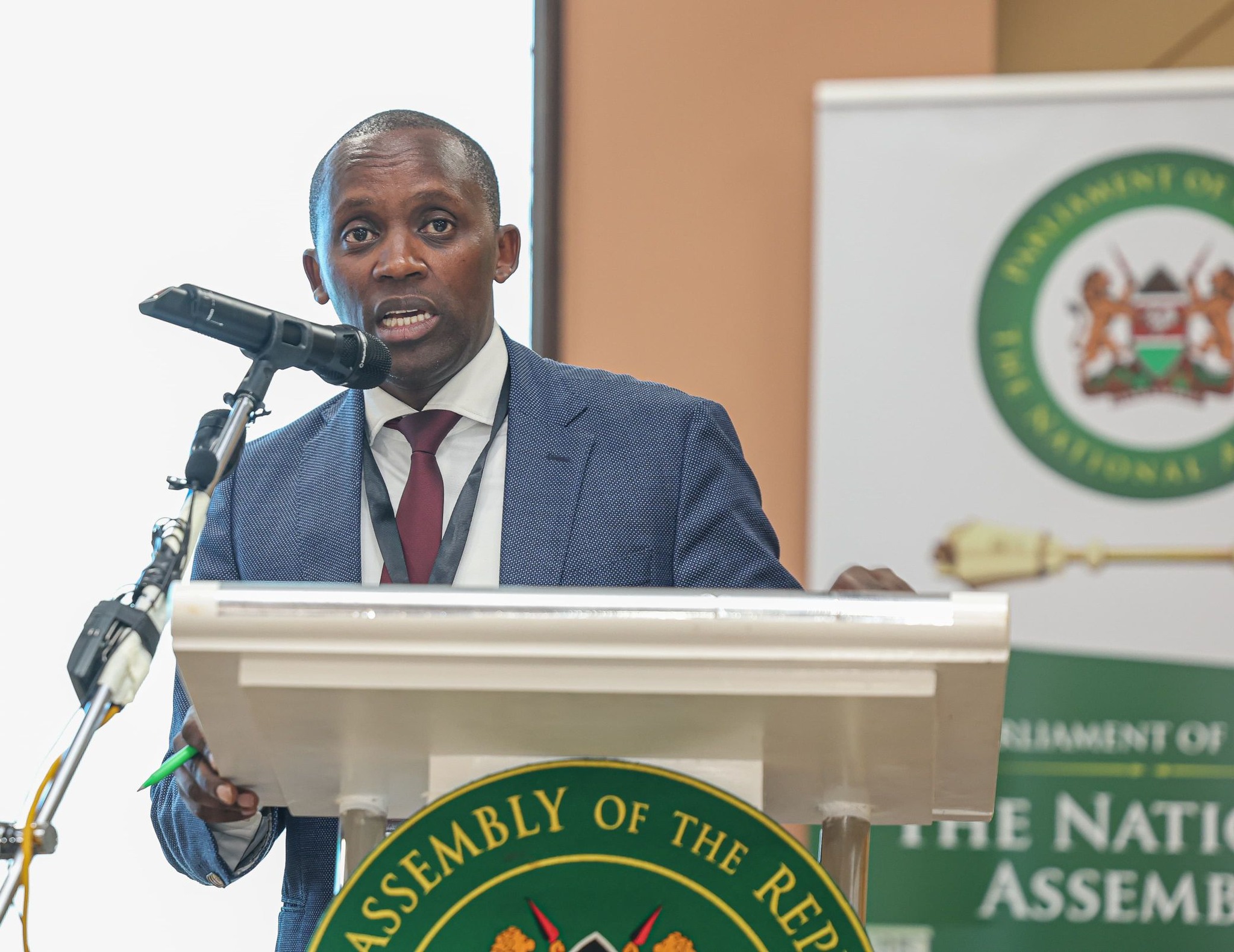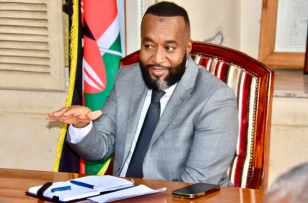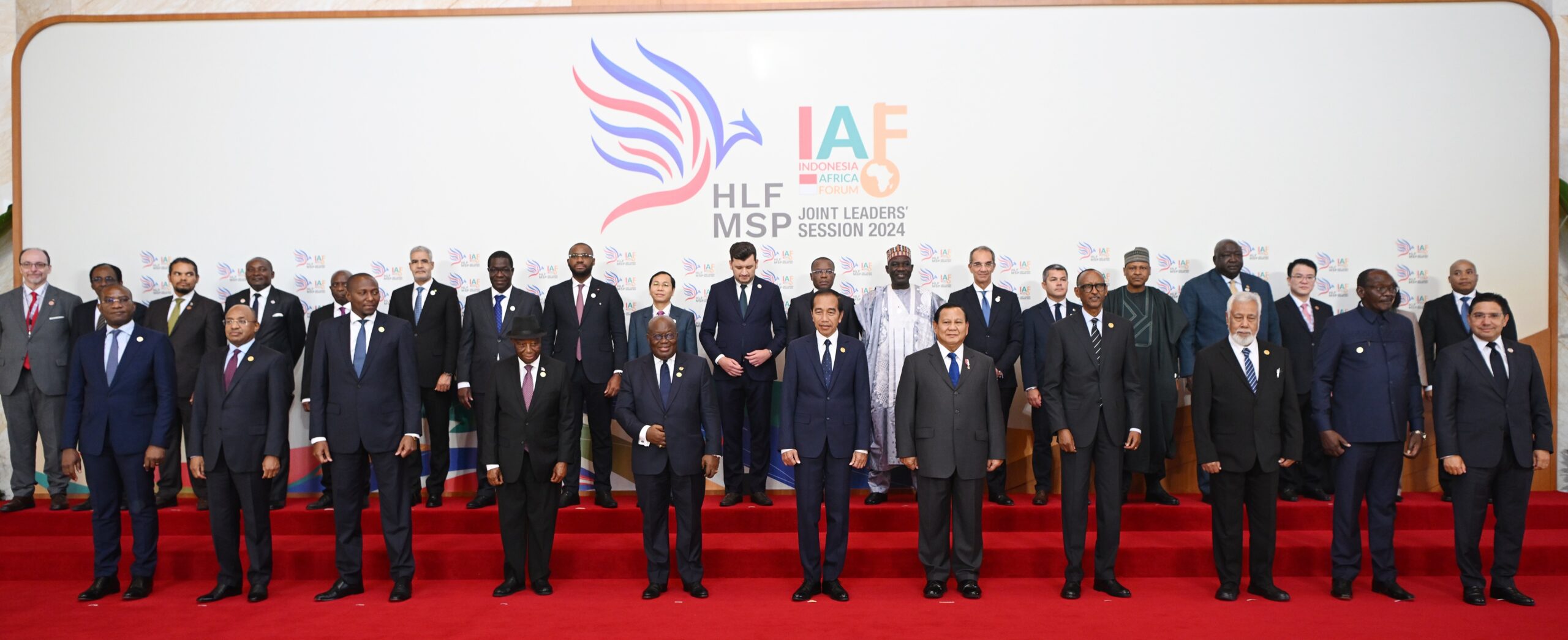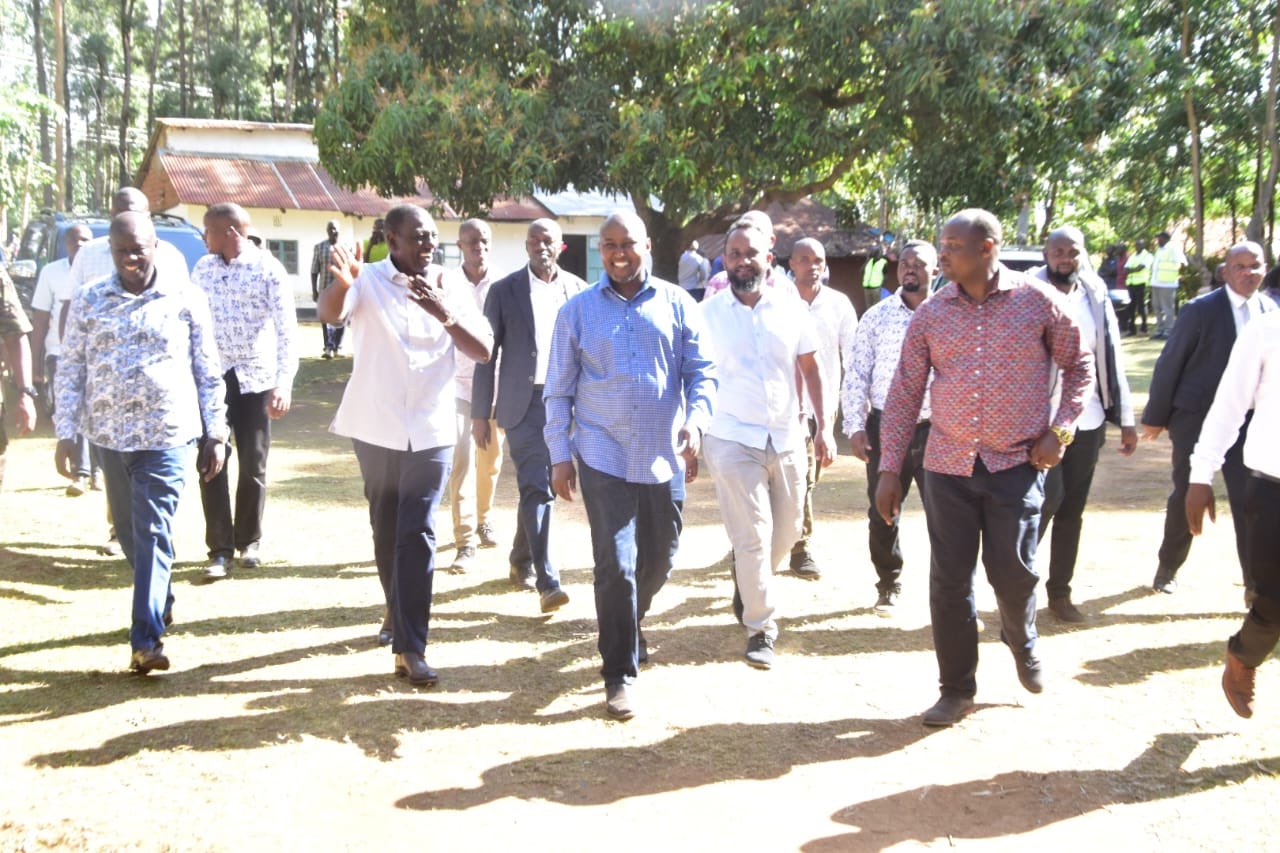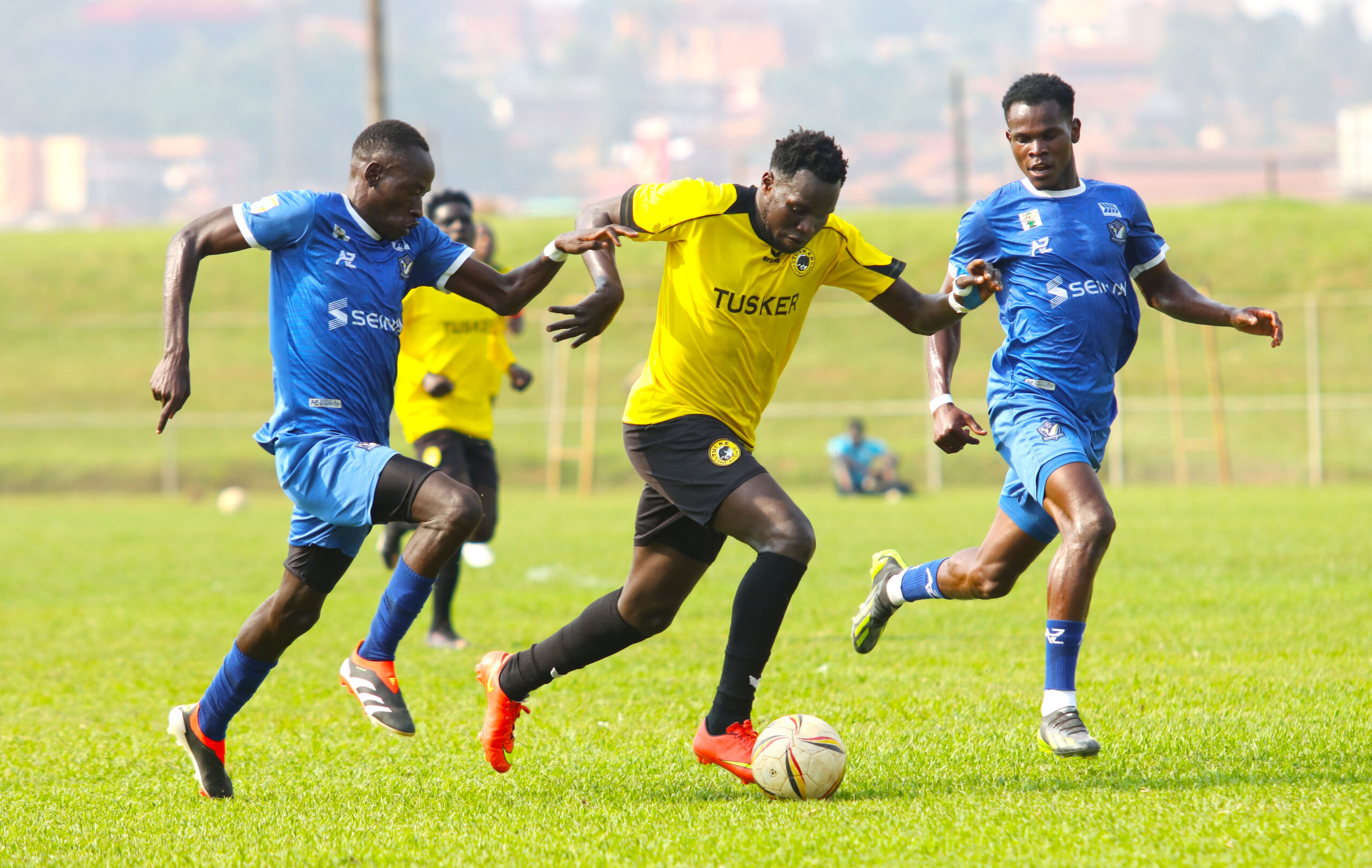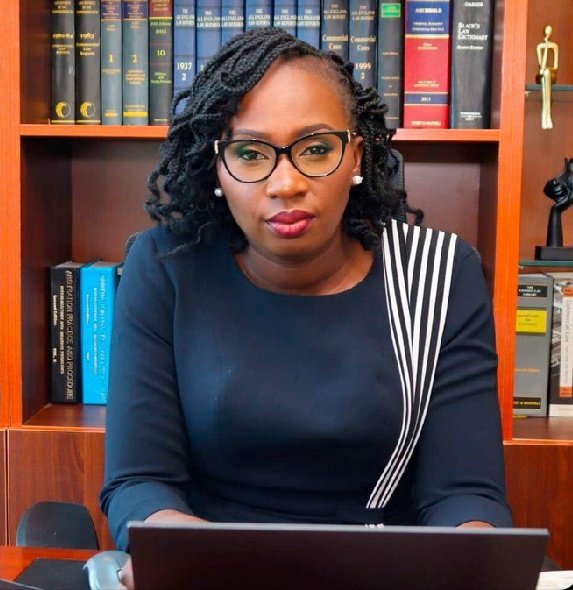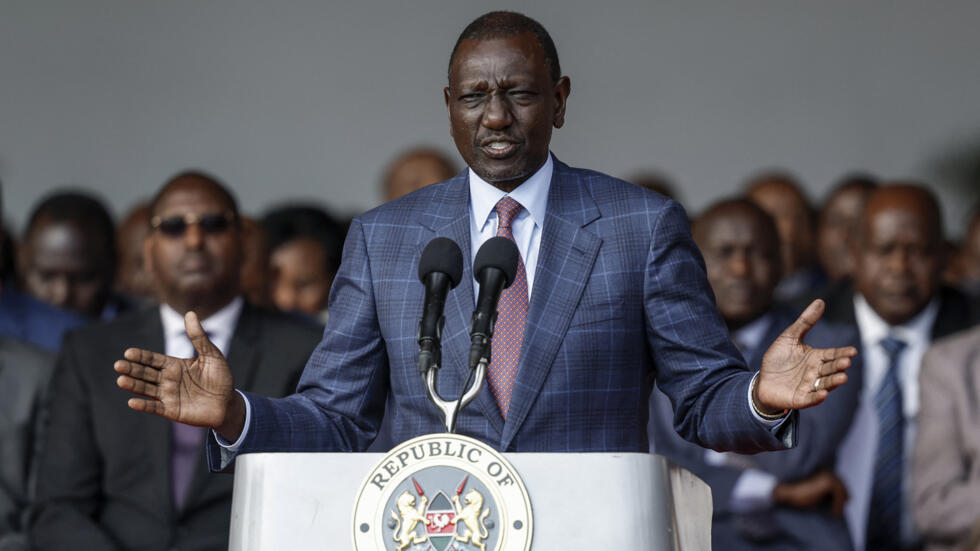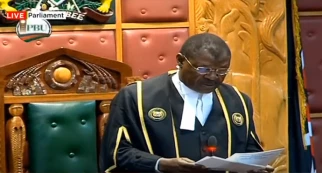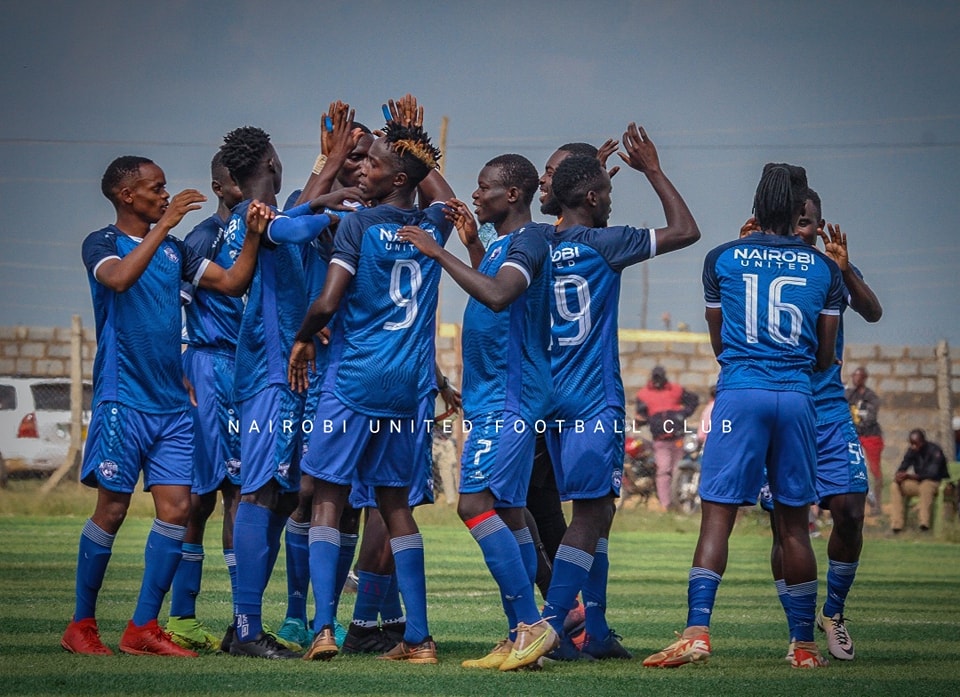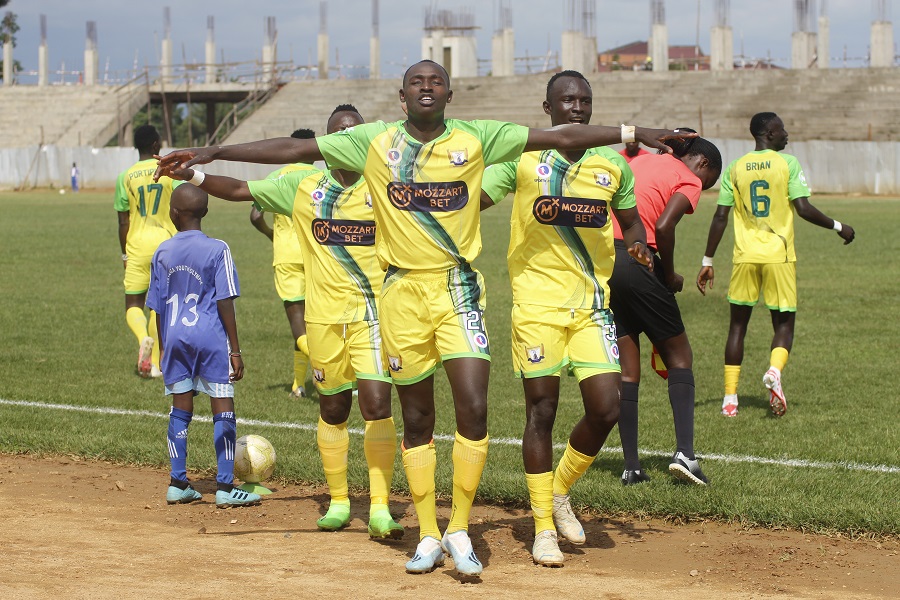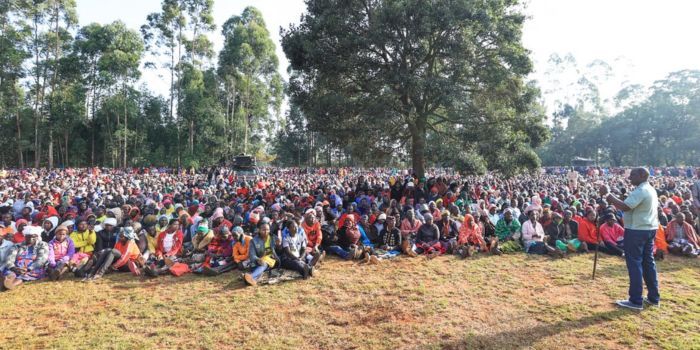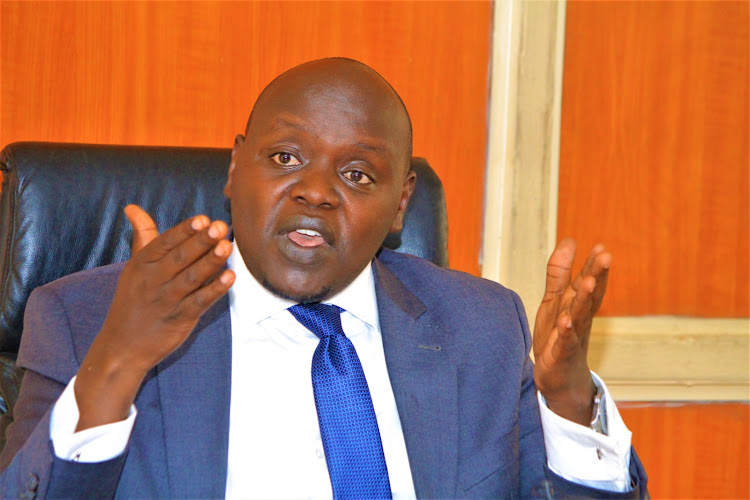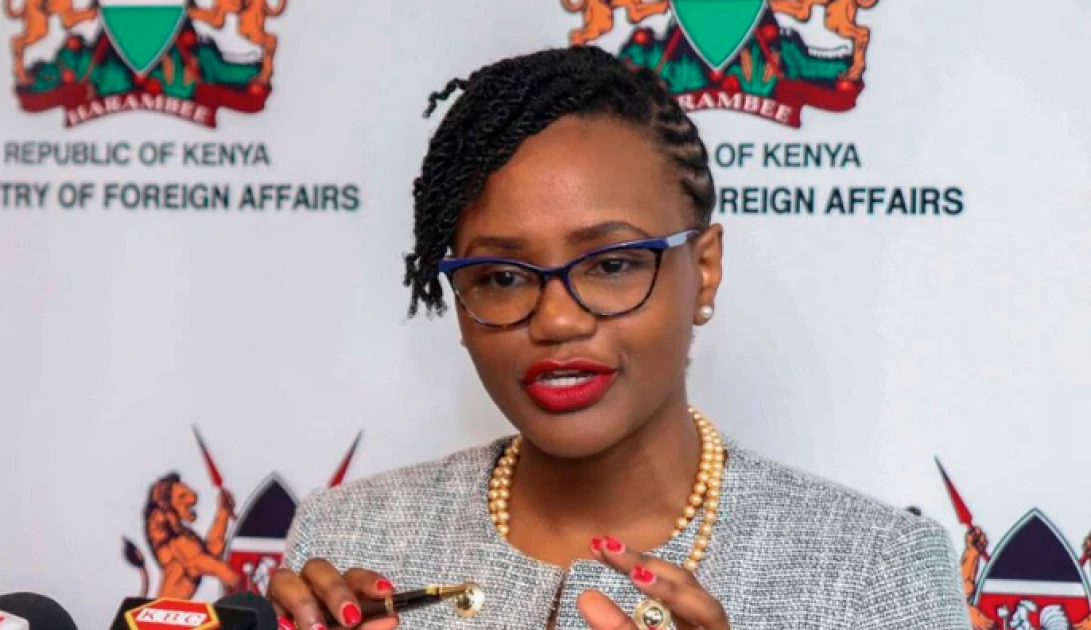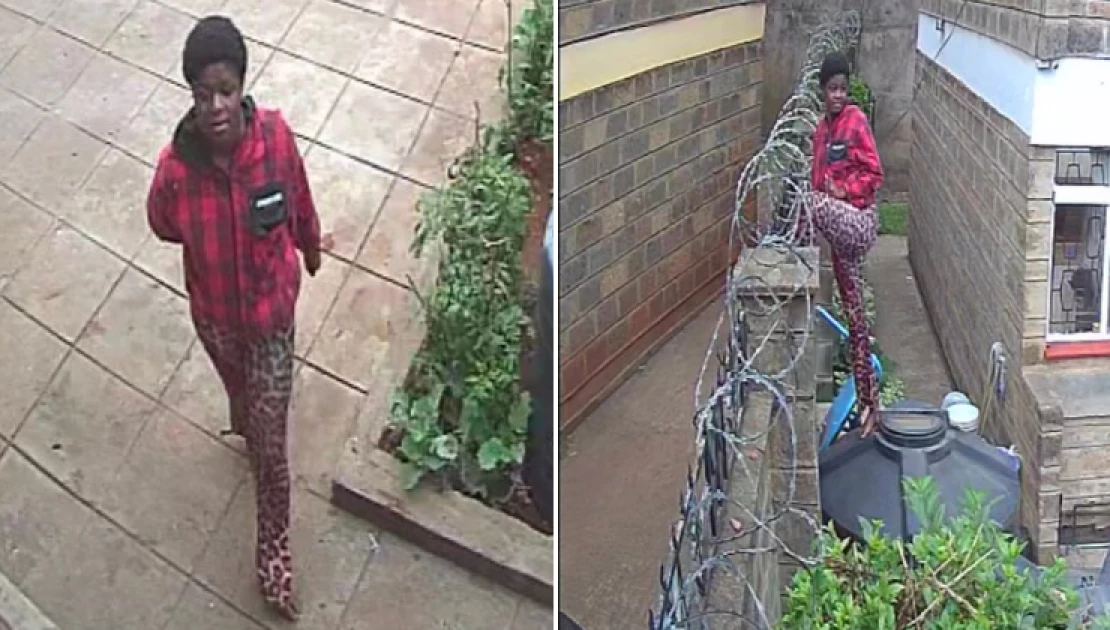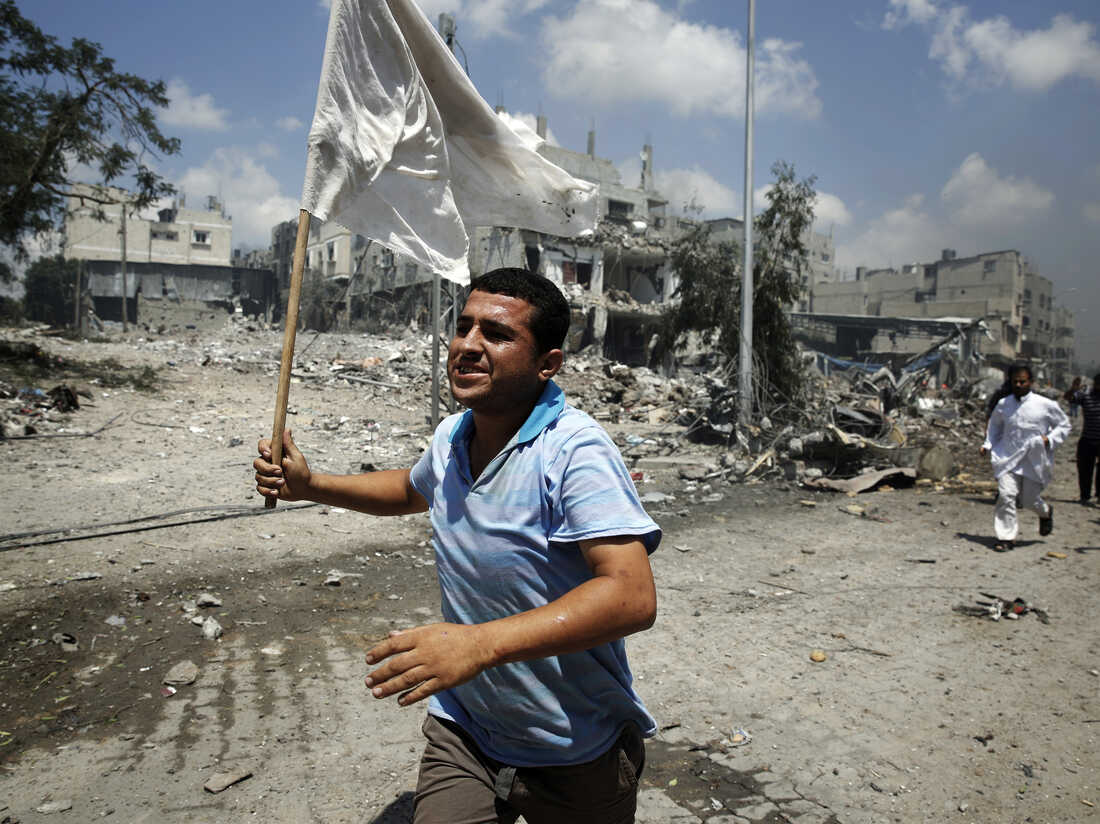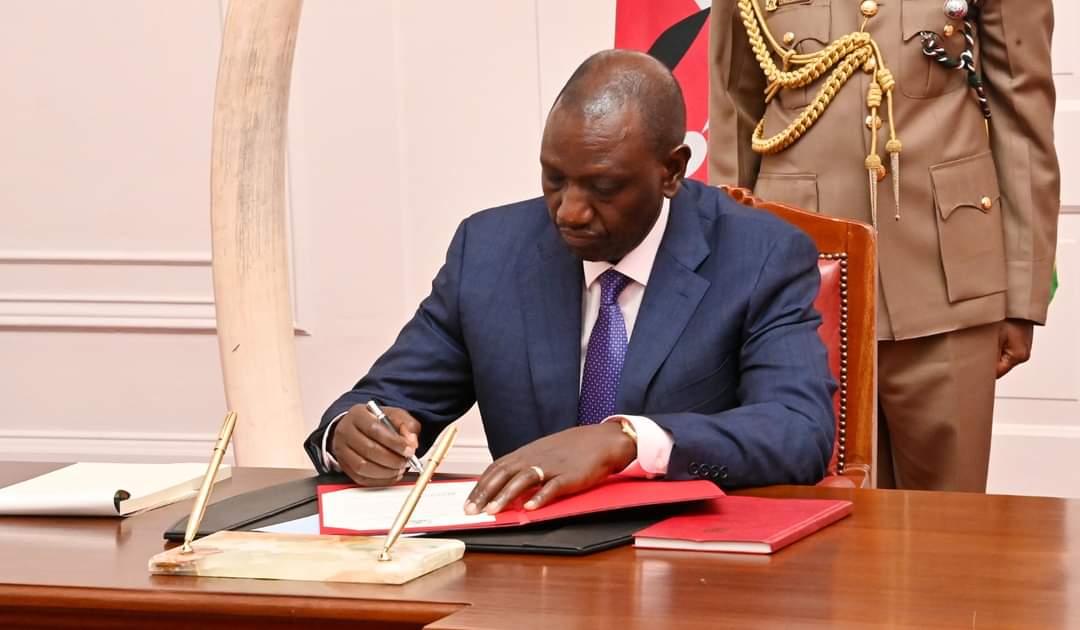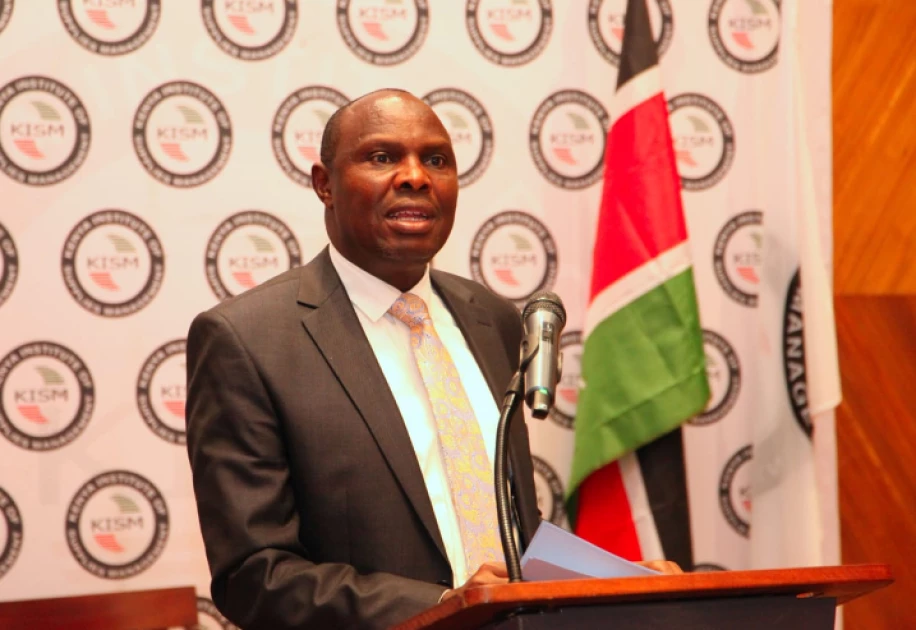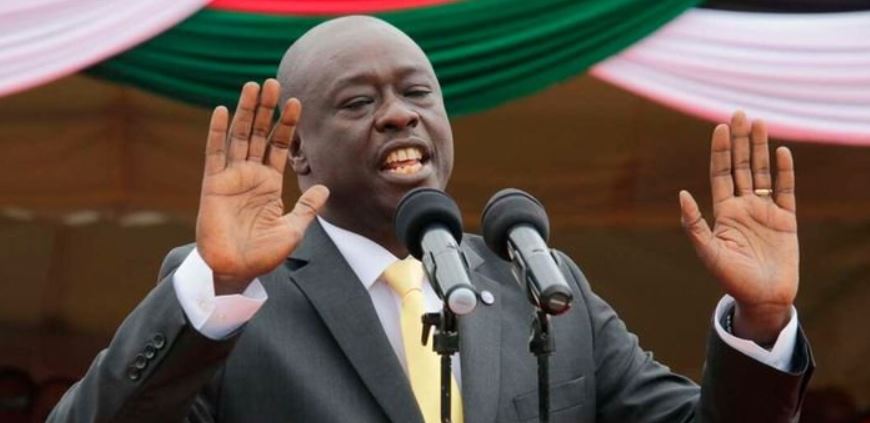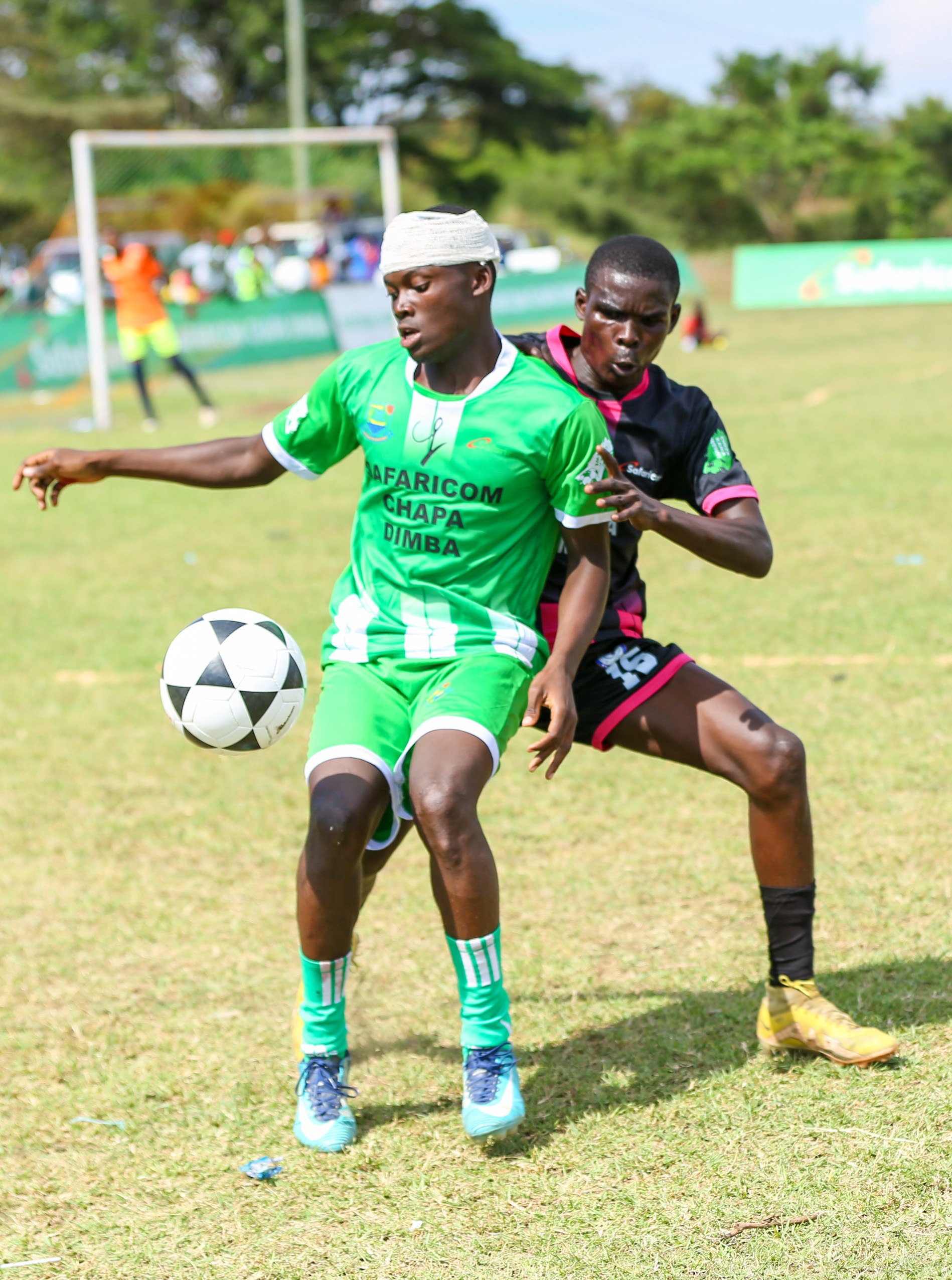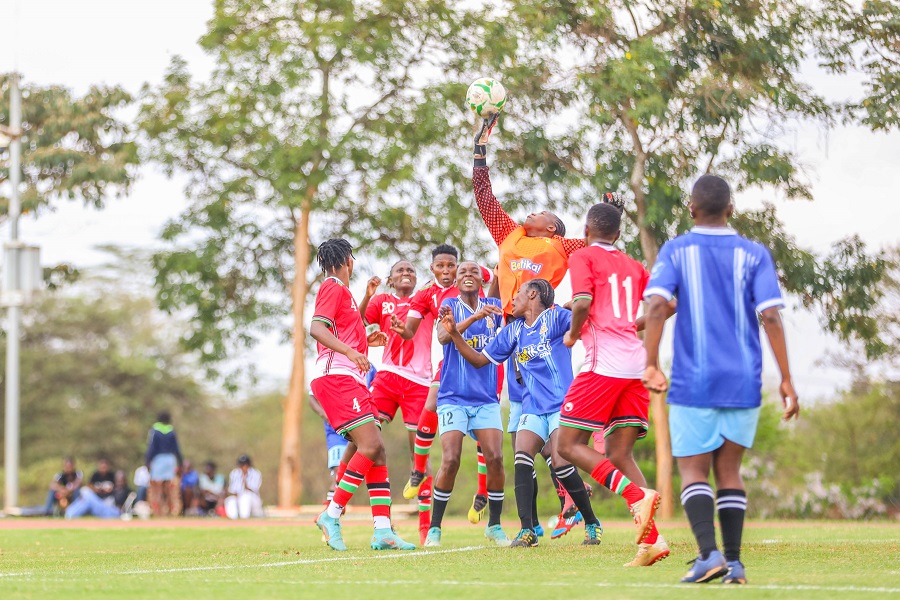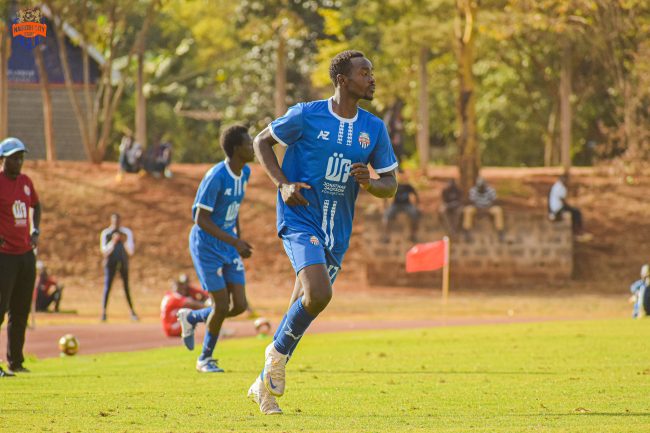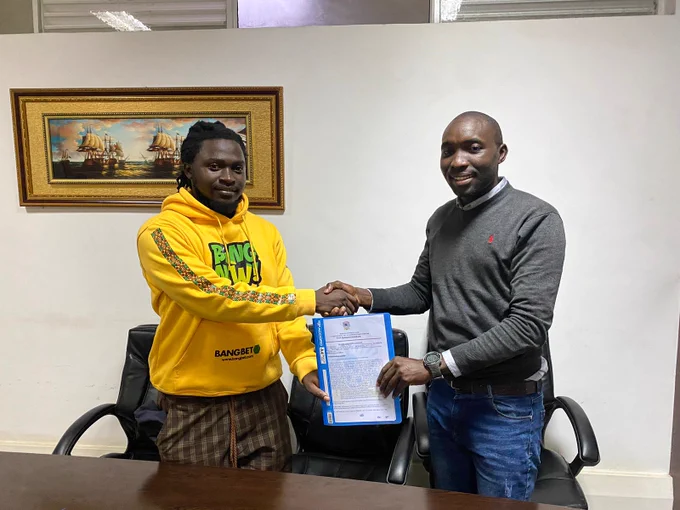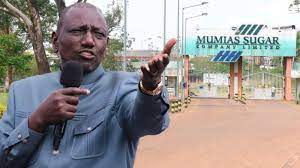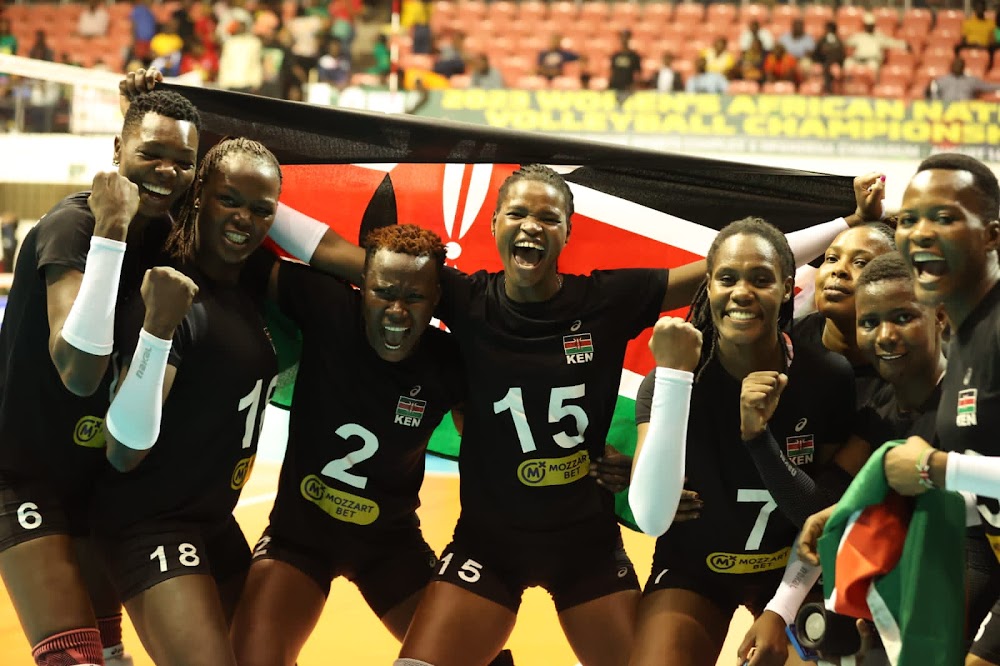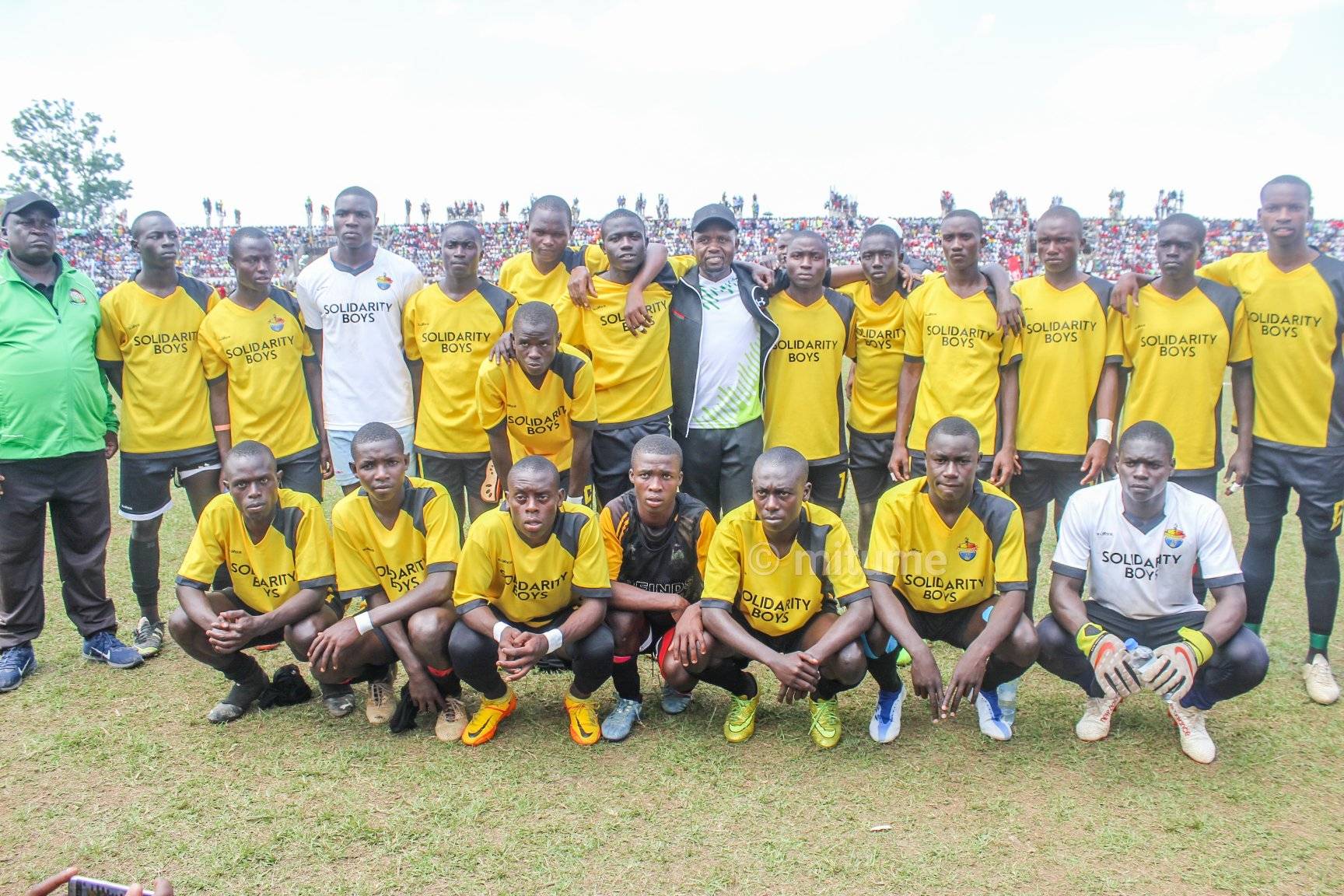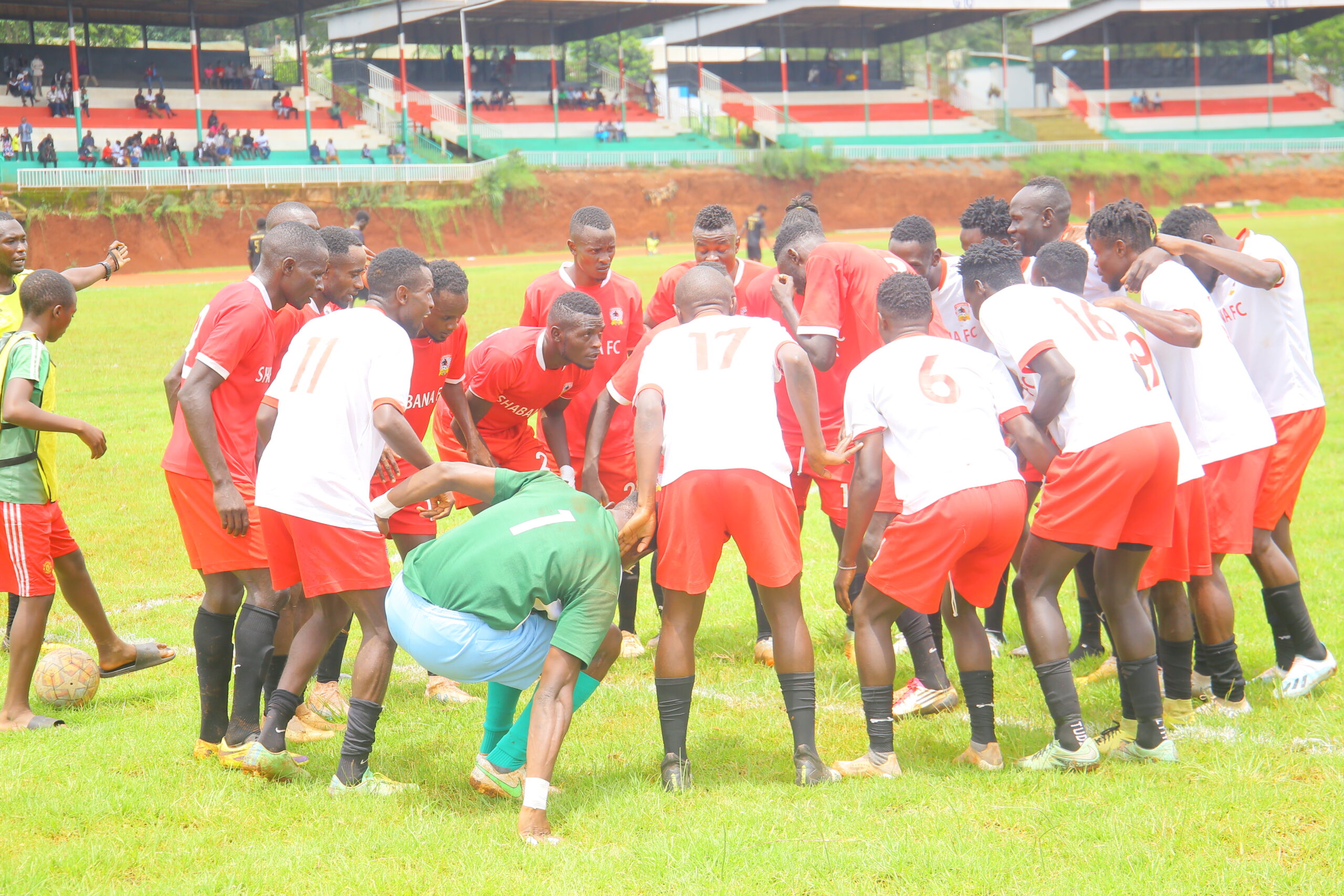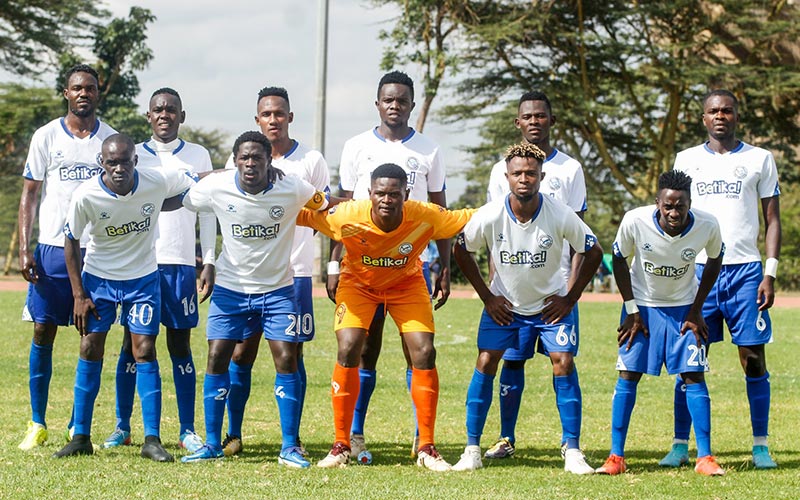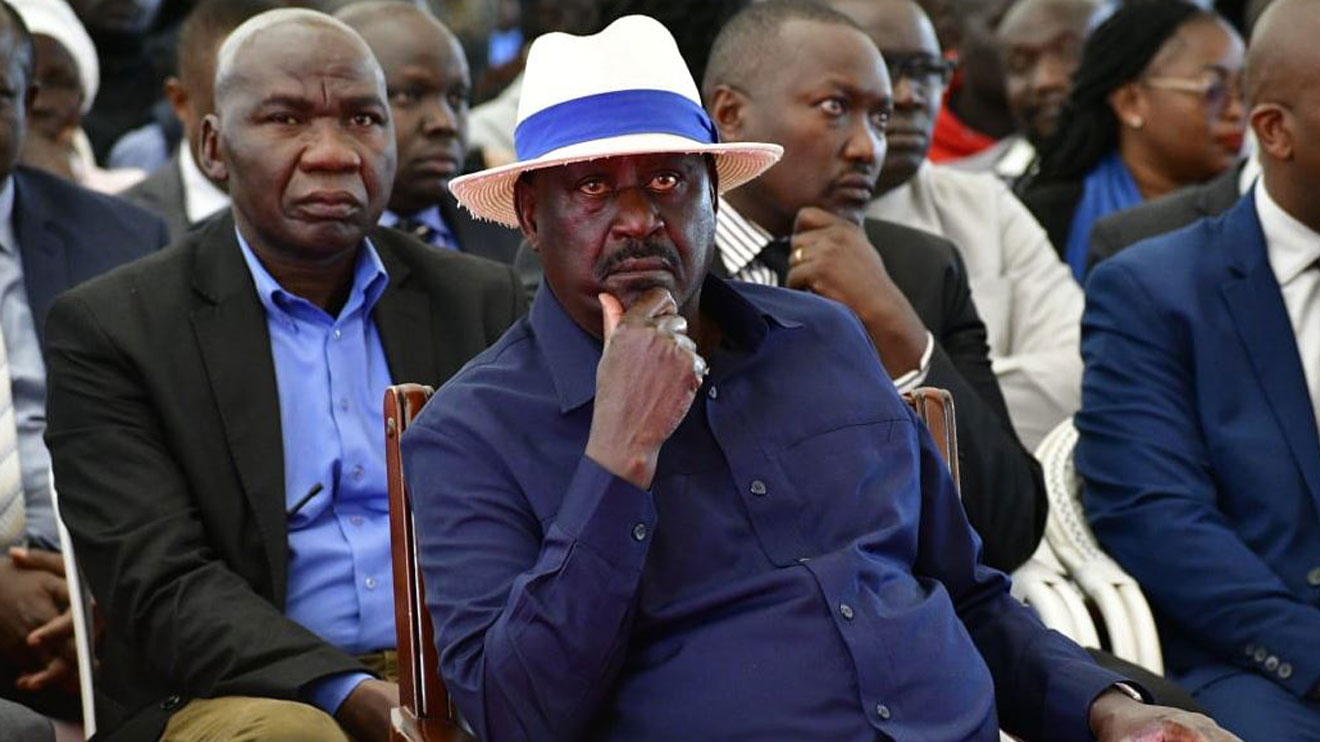Brazil’s former President Jair Bolsonaro has been formally charged with orchestrating a coup attempt to retain power following his 2022 electoral defeat. The explosive indictment, presented by Prosecutor-General Paulo Gonet, accuses Bolsonaro and 33 others of plotting to undermine democratic institutions through violence, including plans to assassinate key figures


Allegations of a Sinister Plot
According to the 272-page indictment, the conspiracy, named “Green and Yellow Dagger,” included plans to poison the current President Luiz Inácio Lula da Silva and assassinate Supreme Court Justice Alexandre de Moraes, a vocal critic of Bolsonaro.
“The criminal organization structured its actions within the presidential palace, aiming to dismantle the democratic order,” Gonet wrote. The indictment further alleges Bolsonaro endorsed the plans brought to him.
In November 2024, Brazil’s Federal Police submitted a comprehensive 884-page report detailing Bolsonaro’s alleged attempts to sow distrust in the electoral process, pressure military leaders to support his agenda, and incite civil unrest in the capital.
Legal Ramifications
If the Supreme Court accepts the charges, Bolsonaro will face trial on accusations ranging from forming an armed criminal organization to attempting to overthrow democratic rule. These offenses are described as a coordinated effort to resist the people’s will expressed at the ballot box.
Despite the gravity of the charges, Bolsonaro maintains his innocence. “I have no concerns about these accusations,” he told journalists during a recent Senate visit. His legal team has yet to release an official statement on the indictment.
Impact on Bolsonaro’s Political Future
Bolsonaro is already barred from running in the 2026 election after Brazil’s electoral court ruled he abused power by casting baseless doubts on the nation’s electronic voting system. Political analysts believe these new charges will deepen his challenges but could also fuel his narrative as a victim of political persecution.
“Bolsonaro remains a polarizing figure. While these charges could damage his reputation, they also provide ammunition for his claims of being unfairly targeted,” said Carlos Melo, a political science professor at Insper University.
A Test of Democratic Institutions
This case underscores the resilience of Brazil’s democratic institutions. Legal experts like Luis Henrique Machado view the charges as a testament to the independence of the judiciary, marking a critical moment for safeguarding democracy.
“Brazil’s robust institutions serve as a role model for other nations grappling with threats to democratic governance,” Machado stated.
As the Supreme Court prepares to deliberate on the charges, the political landscape remains tense. Analysts predict the case will dominate Brazilian politics, testing the nation’s commitment to justice and the rule of law.

